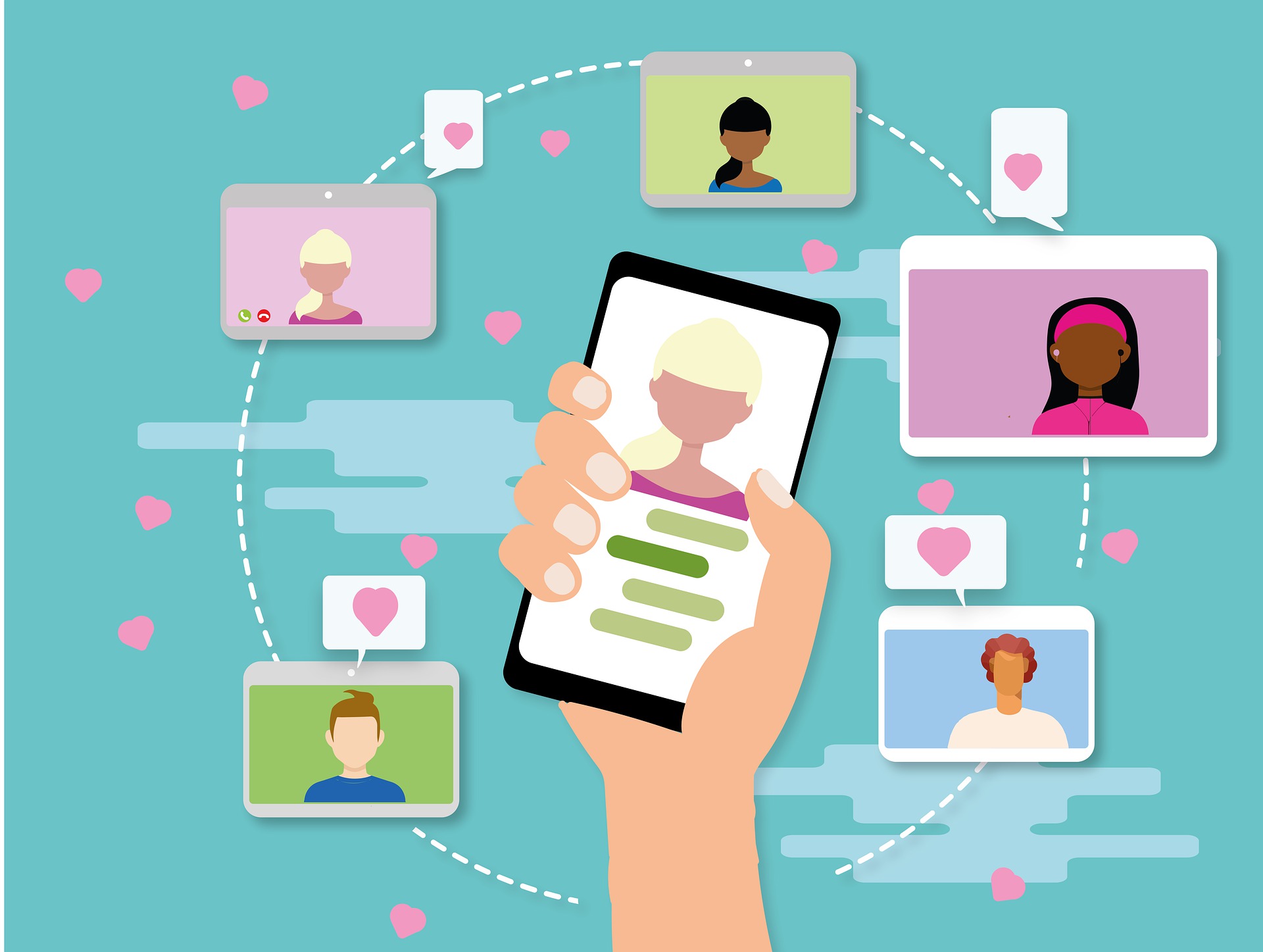The Quiet Revolution of Slow Friendship
In a world of instant connections and digital networks, a counterintuitive movement is gaining traction. Slow friendship, a deliberate approach to building meaningful relationships, is reshaping how we connect in the digital age. This phenomenon challenges our fast-paced social norms, emphasizing quality over quantity in our interpersonal bonds.

As social media platforms proliferated and smartphones became ubiquitous, the quantity of our connections skyrocketed. However, this digital abundance often came at the cost of depth and authenticity in relationships. The average person now has hundreds, if not thousands, of online friends and followers, but studies show that the number of close confidants has decreased over the past few decades.
This paradox of being more connected yet feeling more isolated has led many to seek a more intentional approach to friendship. Slow friendship advocates for cultivating fewer, but deeper and more meaningful relationships, prioritizing face-to-face interactions, and investing time and effort into nurturing these bonds.
The Sociology of Slow Friendship
From a sociological perspective, slow friendship represents a significant shift in how we perceive and value social capital. Traditional sociological theories, such as those proposed by Robert Putnam, have long emphasized the importance of social networks in fostering community cohesion and individual well-being. However, the quality of these networks has often been overlooked in favor of quantity.
Slow friendship challenges this paradigm by suggesting that a small number of strong ties can be more beneficial than a vast network of weak connections. This aligns with the strength of weak ties theory proposed by Mark Granovetter, but takes it a step further by advocating for the cultivation of strong ties as a primary focus.
Research in positive psychology supports this approach. Studies have shown that having a few close, supportive relationships is more strongly correlated with happiness and life satisfaction than having a large social network. This finding underscores the potential of slow friendship to enhance overall well-being and mental health.
Cultural Implications of Slow Friendship
The slow friendship movement is not just changing individual behaviors; it’s also influencing broader cultural norms and expectations around social interactions. In many societies, there’s been a longstanding emphasis on networking, collecting contacts, and maintaining a wide circle of acquaintances. Slow friendship challenges this notion, advocating for a more selective and intentional approach to social connections.
This shift is particularly evident among younger generations. Millennials and Gen Z, often criticized for their reliance on digital communication, are paradoxically at the forefront of the slow friendship movement. Many are rejecting the always-on, always-connected culture in favor of more meaningful, offline interactions.
The rise of slow friendship is also influencing how we use technology. While digital platforms were once seen as a replacement for face-to-face interactions, they’re increasingly being used as tools to facilitate and enhance in-person connections. Apps and services that focus on small group interactions or one-on-one meet-ups are gaining popularity, reflecting this cultural shift towards more intentional socializing.
Challenges and Criticisms of Slow Friendship
Despite its growing popularity, the slow friendship movement is not without its critics. Some argue that it’s an elitist concept, accessible only to those with the time and resources to invest heavily in a few relationships. Others worry that it might lead to social isolation, particularly for individuals who struggle to form deep connections.
There’s also the question of how slow friendship fits into our increasingly global and mobile world. As people move more frequently for work or study, maintaining long-term, deep friendships can be challenging. Critics argue that in such a context, having a wider network of more casual friendships might be more practical and beneficial.
Furthermore, some sociologists caution against dismissing the value of weak ties entirely. These connections, while not as deep as slow friendships, can provide diverse perspectives, opportunities, and support in different ways.
The Future of Human Connections
As we look to the future, the slow friendship movement offers valuable insights into how we might navigate our increasingly complex social landscape. It suggests a middle ground between complete disconnection and overwhelming hyperconnectivity, emphasizing the importance of balance and intentionality in our social lives.
The COVID-19 pandemic has further accelerated this trend, forcing many to reassess their social circles and prioritize their most meaningful relationships. As we emerge from this global crisis, the principles of slow friendship may play a crucial role in rebuilding and strengthening our communities.
Ultimately, the rise of slow friendship reflects a deep-seated human need for genuine connection in an increasingly fragmented world. By encouraging us to invest time and energy into cultivating deep, meaningful relationships, it offers a path to greater social fulfillment and personal well-being. As we continue to navigate the challenges of modern life, the slow friendship movement reminds us of the enduring value of human connection, urging us to prioritize quality over quantity in our social lives.




